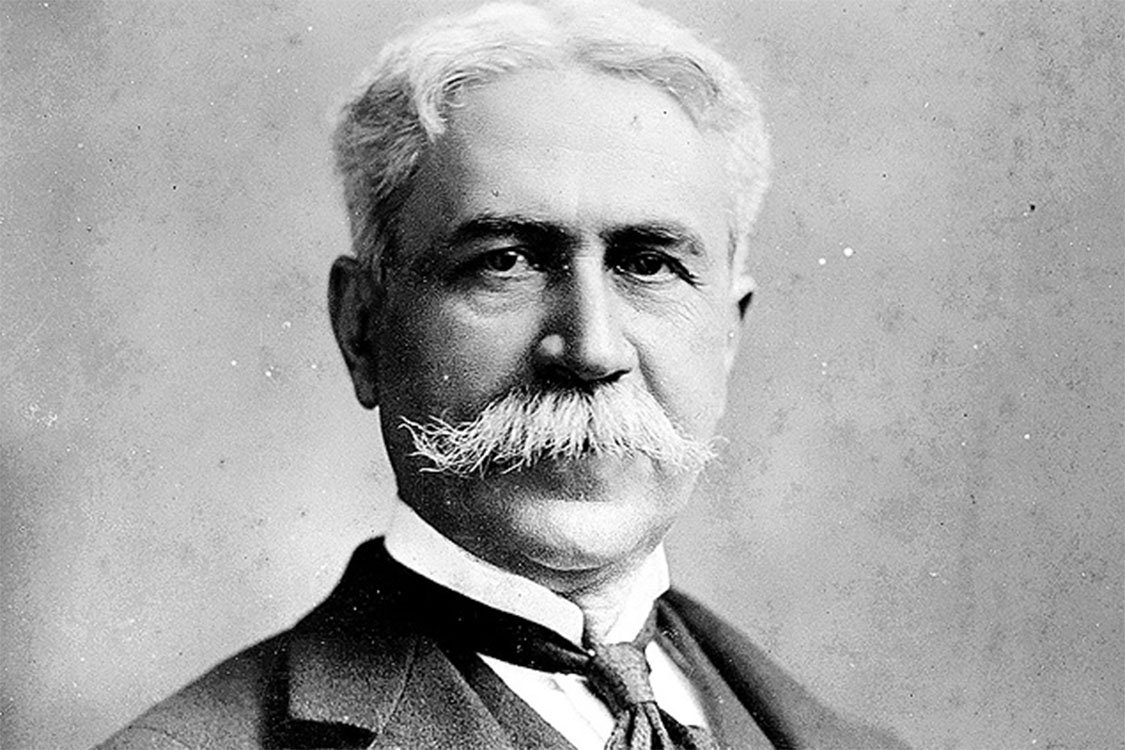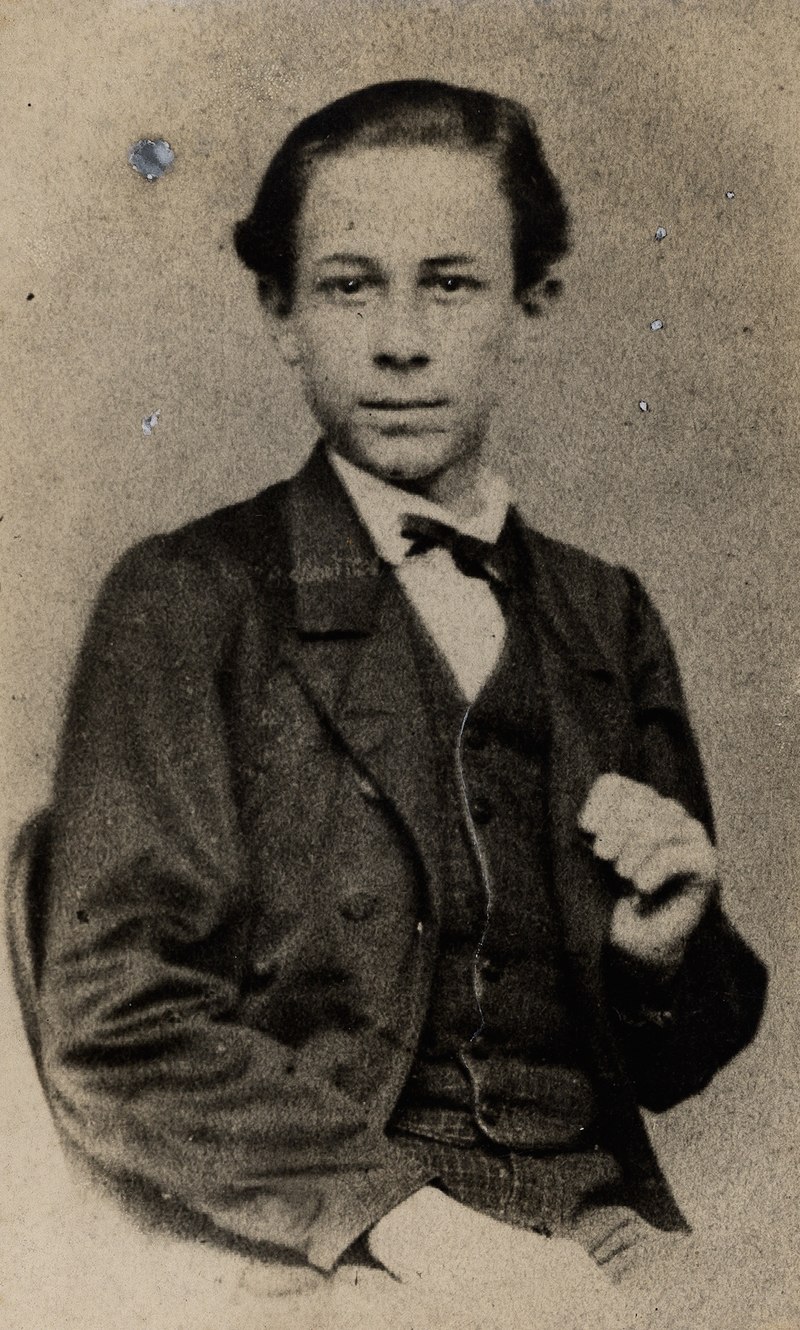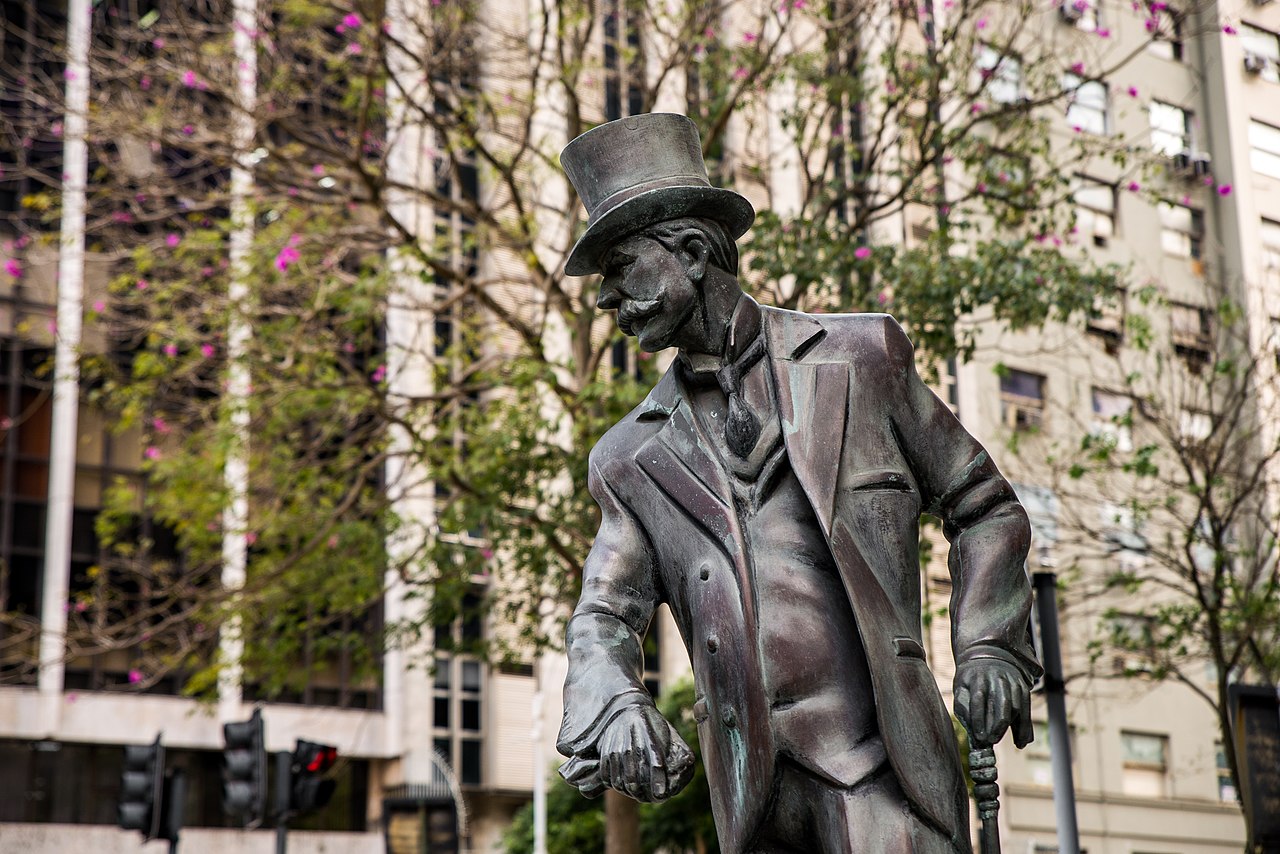Joaquim Aurélio Barreto Nabuco de Araújo was born on August 19, 1849, in Recife, Brazil. He was an important Brazilian politician, diplomat, writer, and abolitionist. From a young age, Nabuco showed interest and skill in literature and social issues. Nabuco was educated at home by private tutors and later studied law at the Faculty of Law in Recife. During his college years, he came into contact with abolitionist ideas, which sparked his passion for the fight against slavery.

After completing his studies, Joaquim Nabuco embarked on a political and diplomatic career. He was elected as a deputy for the Liberal Party and dedicated himself to promoting social and abolitionist reforms in Brazil. Nabuco believed that slavery was a violation of human rights and a stain on the country’s reputation.
In addition to his political career, Joaquim Nabuco also stood out as a writer. He wrote a series of articles, speeches, and books on the abolition of slavery and topics related to Brazilian history and culture. His most famous work is “O Abolicionismo” (Abolitionism), published in 1883, which became a fundamental reference in the Brazilian abolitionist movement.
Nabuco’s actions were crucial to the process of abolishing slavery in Brazil. He played an important role in drafting the Lei Áurea (Golden Law), which officially abolished slavery in 1888. His tireless dedication to the abolitionist cause made him a prominent figure in the country’s political and social scene.

In addition to his fight against slavery, Nabuco also became involved in international issues as a diplomat. He represented Brazil in various diplomatic missions, including in the United States, where he worked to strengthen ties between the two countries.
Joaquim Nabuco passed away on January 17, 1910, leaving a lasting legacy as one of the foremost Brazilian abolitionists. His dedication to the cause of freedom and his contributions to literature and diplomacy made him an inspiring and admired figure to this day.

The more civilized Brazil becomes, the more it will tend towards monarchy; the more barbaric it is, the less interested it will be in it. – Joaquim Nabuco
“The value of an idea lies in its practice.” – Joaquim Nabuco
“The fight against slavery is a fight for everyone.” – Joaquim Nabuco
“Freedom is the right to do everything that the laws allow.” – Joaquim Nabuco
“Civilization is nothing but a tragic balance between the desire to live and the fear of dying.” – Joaquim Nabuco
“Slavery is a sin that is redeemed not by abolition, but by reparation.” – Joaquim Nabuco
“True freedom is moral emancipation, intellectual independence.” – Joaquim Nabuco
“The struggle for justice is the struggle for freedom.” – Joaquim Nabuco
“Education is the great instrument of transformation in society.” – Joaquim Nabuco
“The homeland is an idea, a sentiment, an aspiration.” – Joaquim Nabuco
“Equality is the foundation of a just society.” – Joaquim Nabuco
“The progress of a country is measured by the education of its people.” – Joaquim Nabuco
“True patriotism is the one that reconciles the homeland with humanity.” – Joaquim Nabuco
“Educate your children, educate yourselves, in the love of the freedom of others, the only way to ensure that your own freedom is not a gratuitous gift from Fate, and to acquire the awareness of its worth and the courage to defend it.” – Joaquim Nabuco

Matheus Araújo
Matheus Araújo is the founder and editor of Brazilian History. Born in Rio de Janeiro and holding a degree in Advertising and Marketing, his passion for history led him to enroll at the Federal University of the State of Rio de Janeiro, where he is currently pursuing a degree in History Education.
